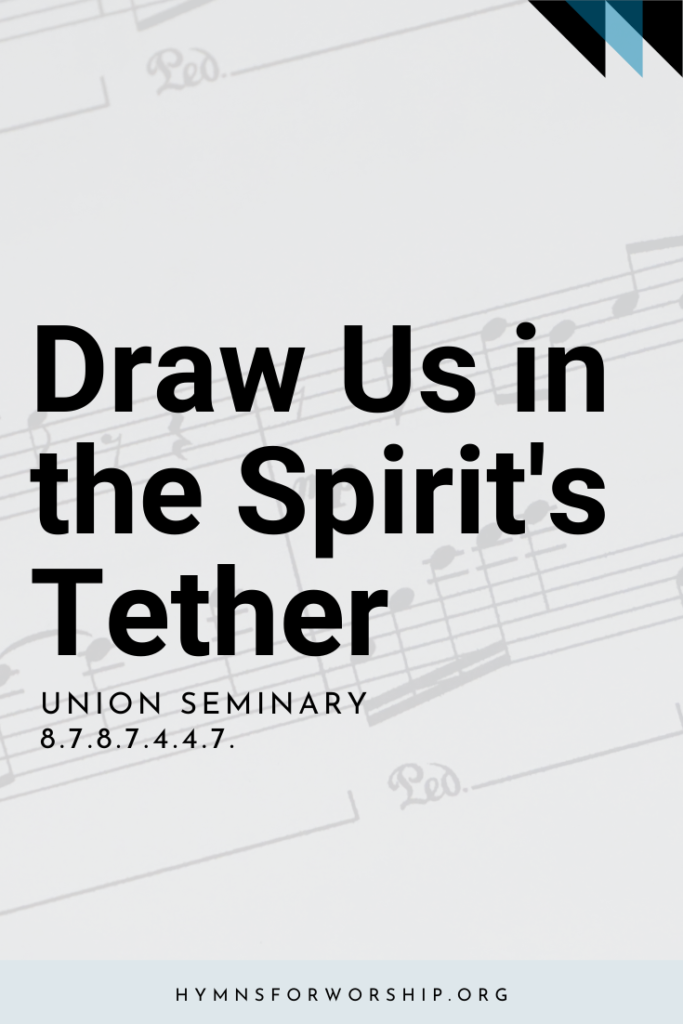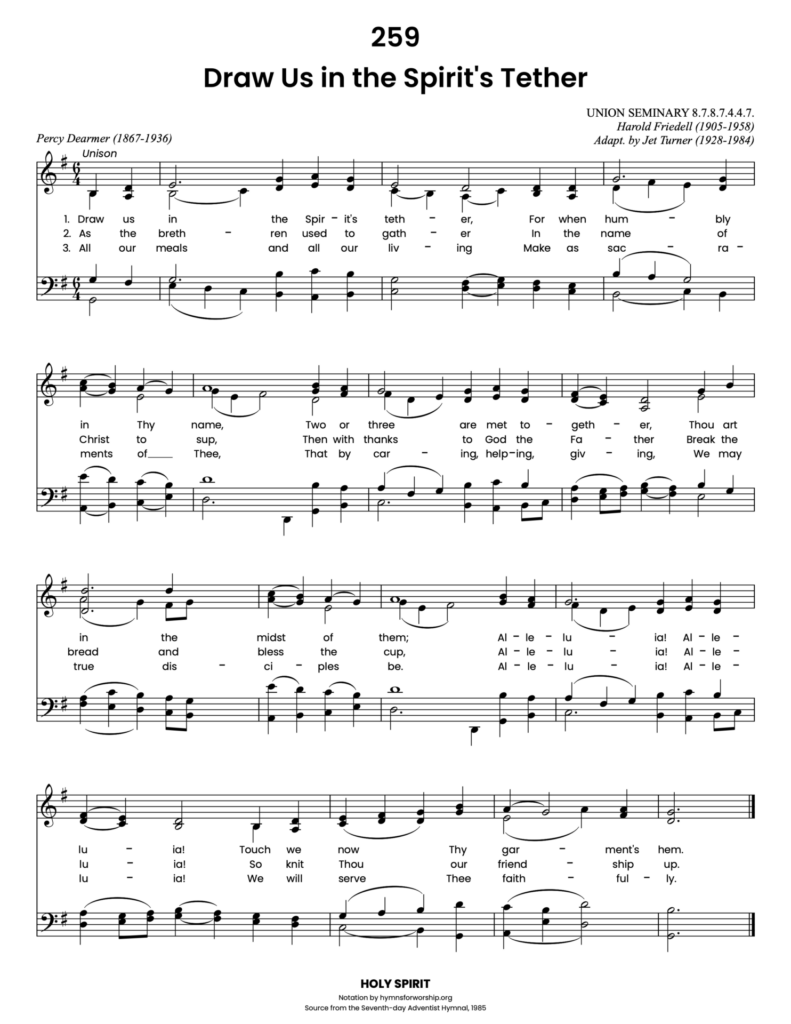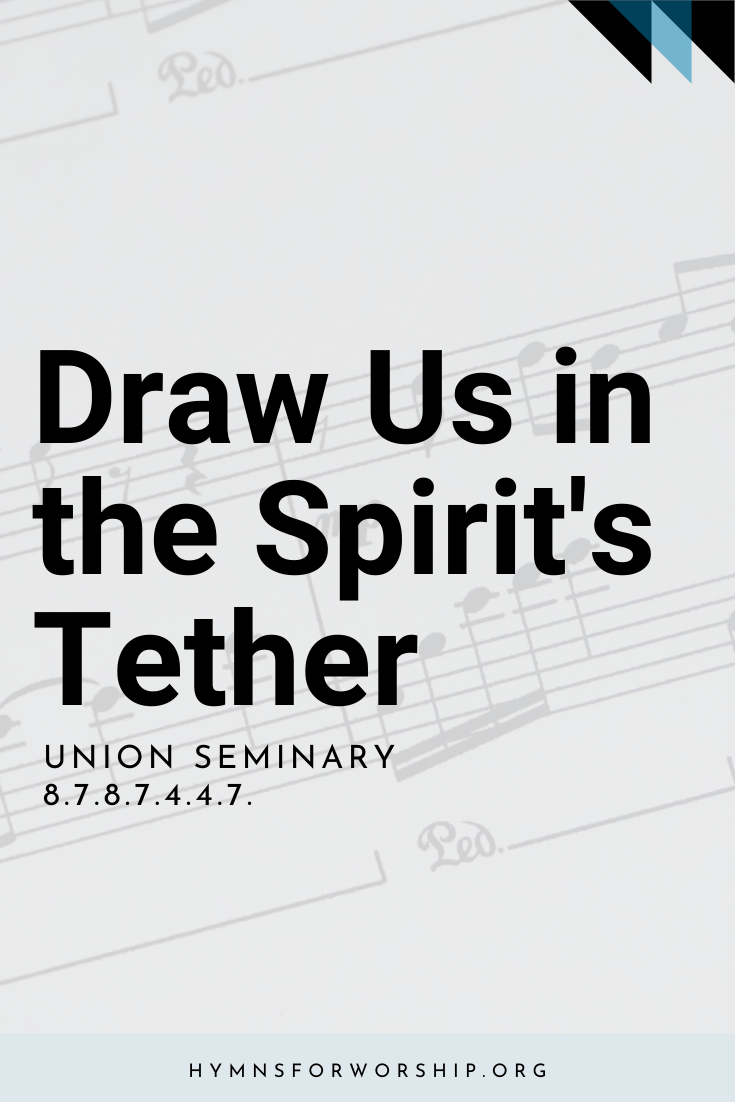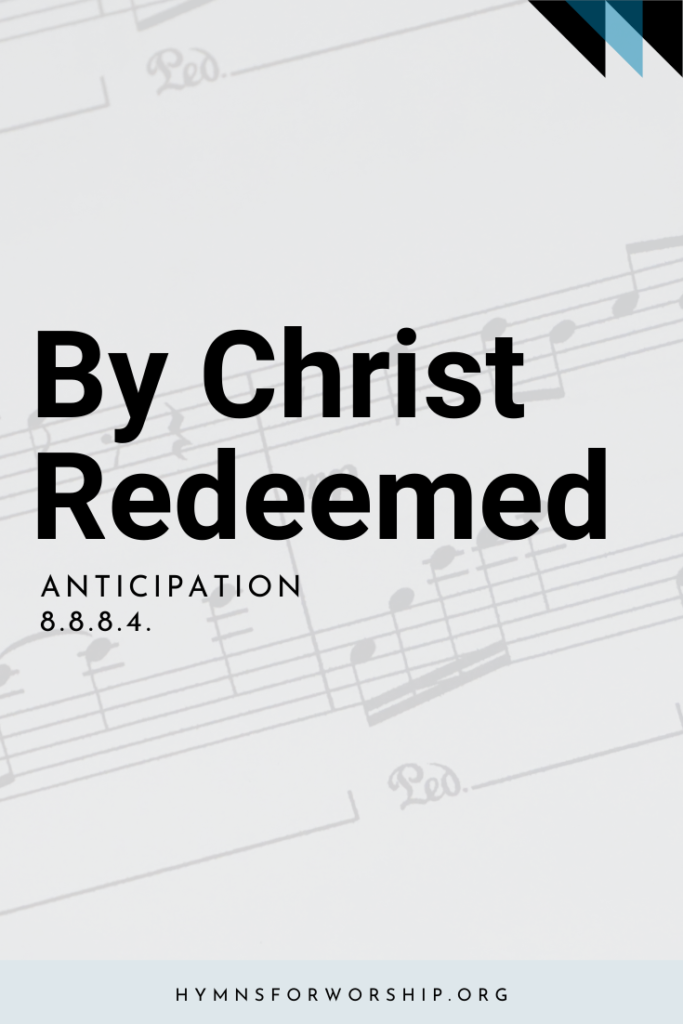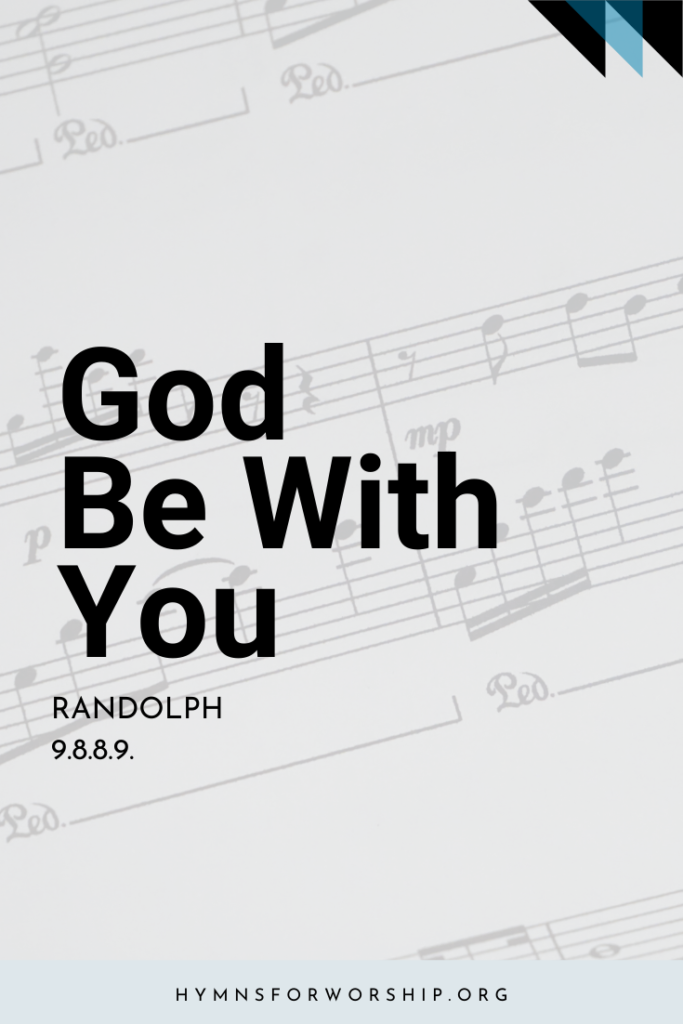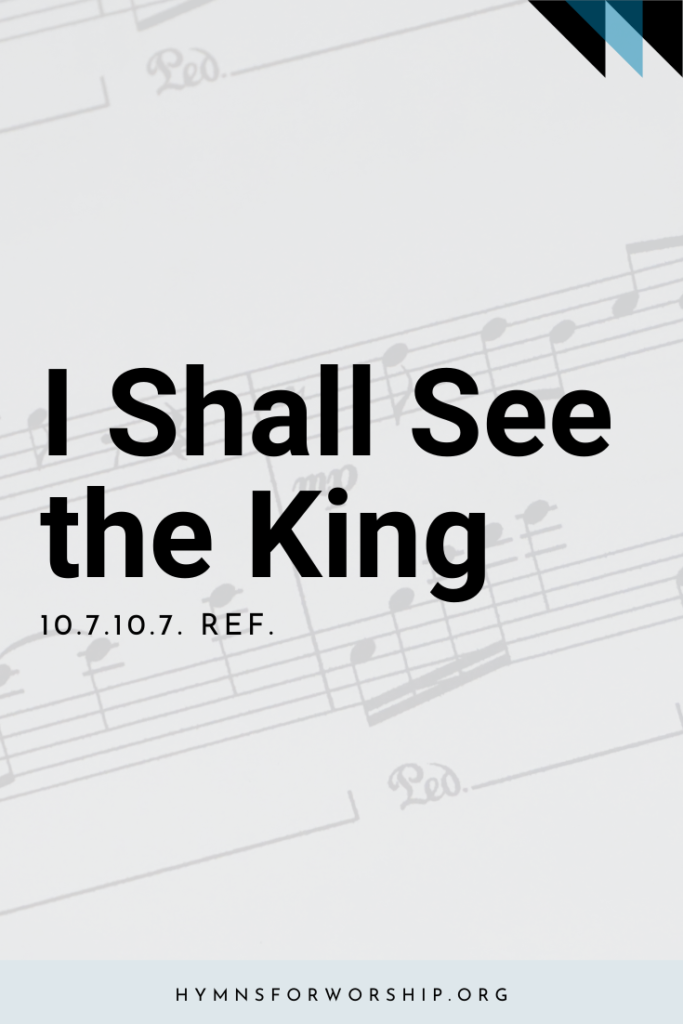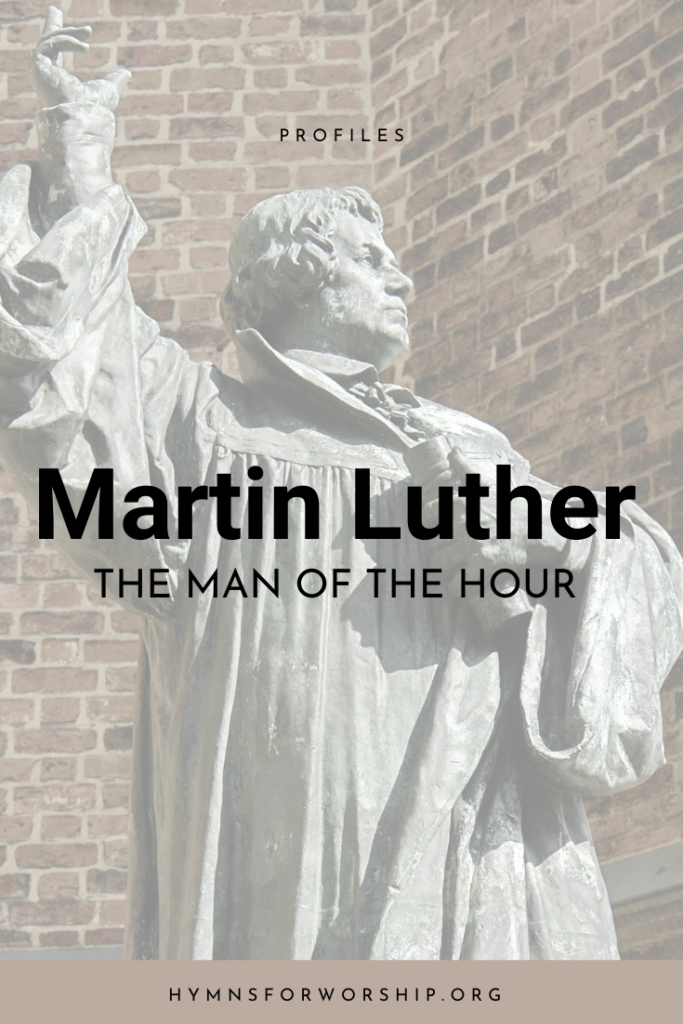Percy Dearmer was one of the giants of English hymnology, having an editorial hand in English Hymnal, 1906; Songs of Praise, 1925 and 1931; the Oxford Book of Carols, 1928; the Revised English Hymnal, 1933; and Songs of Praise Discussed, a handbook for the second-named hymnal, 1933. He carried a lifelong crusade for simplicity and sincerity to replace romantic pretentiousness, and called for a critical analysis of everything that is done in church music and worship—aiming for high standards of beauty and reality.
Born at Kilburn, London, February 27, 1867, he was educated at Christ Church, Oxford University, where he earned the B.A. in 1890 and the M.A. in 1896. Ordained a priest of the Church of England, he served in central London at St. Johns, Berkeley Chapel, and St. Mark’s where he worked with organist Martin Shaw (see SDAH 28). His D.D. degree came from Oxford in 1911. After a year as chaplain with the British forces in World War I, he became a lecturer for the YMCA, visiting India, Burma, and North America. In 1919 he was appointed professor of ecclesiastical art at King’s College, London, where he served until his death. In 1931 he was made canon and librarian of Westminster, and was steward of the Abbey for three years. He greatly enjoyed serving at this place so full of history and being a guide to groups of visitors.
Dermear’s concept of the taking of the bread and wine in the Communion service perplexed and troubled many of his friends, for he saw it in a wider perspective than most. He looked forward to the reconstitution of society on the basis of Christ’s love and self-sacrifice. The service commemorating the Lord’s Supper meant for him the gathering of neighbors in a friendly meal, filled with the sense of Jesus’ presence as the true leader of men. He cared intensely that such a meal should be surrounded by all that was beautiful in color, in music, in ceremony; but it was not as a substitute , but as a focus, for the common meals in which neighbors met to affirm their mutual love and their mutual discipleship. He even came to feel that the present method of celebrating the Communion service made it an alternative to, and not a symbol of human fellowship. It might even be that some had made the Communion an excuse for not inviting someone home to supper, and thus the things that should have been a blessing had become an occasion for falling. He said that if the church failed to be an expression of human and divine love, then it was of little use to frequent its feast or to spend time and money clothing its functionaries. These views are summed up in stanza 3 of this hymn. Dreamer died May 29, 1936.
The tune was given the name UNION SEMINARY by Jet Turner, who, adapted it to congregational singing from an anthem by Harold Friedell that makes use of this text. Both Turner and Friedell were closely associated with the school of Sacred Music of Union Theological Seminary in New York. Turner was a graduate and Friedell a professor of theory and composition.
Harold Friedell was born in 1905 in Jamaica, New York, and served as organist in several Episcopal churches in and around New York City. He taught theory and composition at the Guilmant Organ School, Juilliard School of Music, and the school of Sacred Music at Union Theological Seminary. A Fellow of the American Guild of Organists, he was awarded an honorary D.Mus. degree by Missouri Valley College. His compositions include hymn tunes, carols, service music, and choral anthems. He died of a heart attack February 17, 1958, at the age of 53, while walking through heavy snow from his home at Hastings-on-Hudson, New York, to the railway station.
Jet E. Turner was born 1928 at Monrovia, California. He began organ study at age 7 and held his first organist job at age 14. A graduate of Pomona College in California, he studied further at Claremont College and earned his B.D. at Andover Newton Theological School. At Union Theological Seminary in New York he received the Master of Sacred Music, and finally the Doctor of Musical Arts in Organ Performance from the University of Wisconsin. He served in positions of music leadership for churches of several denominations in Pasadena, California; Westfield, New Jersey; Newton Center, Massachusettes; Keene, New Hampshire; Peoria; Illinois (where he taught at Bradley University); Madison, Wisconsin; Alexandria, Louisiana (also chairman of the music department of Louisiana College). His final post was at First Presbyterian Church, San Diego, California. In 1984, according to reports, he was killed in his own home by an intruder. Turner was a consultant on organ design for several churches and was on the editorial board for the Christian Worship hymnal published by the American Baptist Church. He was the founding president of the Fellowship of American Baptist Musician and served as dean of the Conference for Church Musicians, which is held each summer at the American Baptist
Assembly, Green Lake, Wisconsin. As a member of the Baptist-Disciples hymnbook committee, Turner was chairman of the tunes and service music subcommittee.
